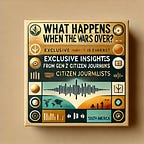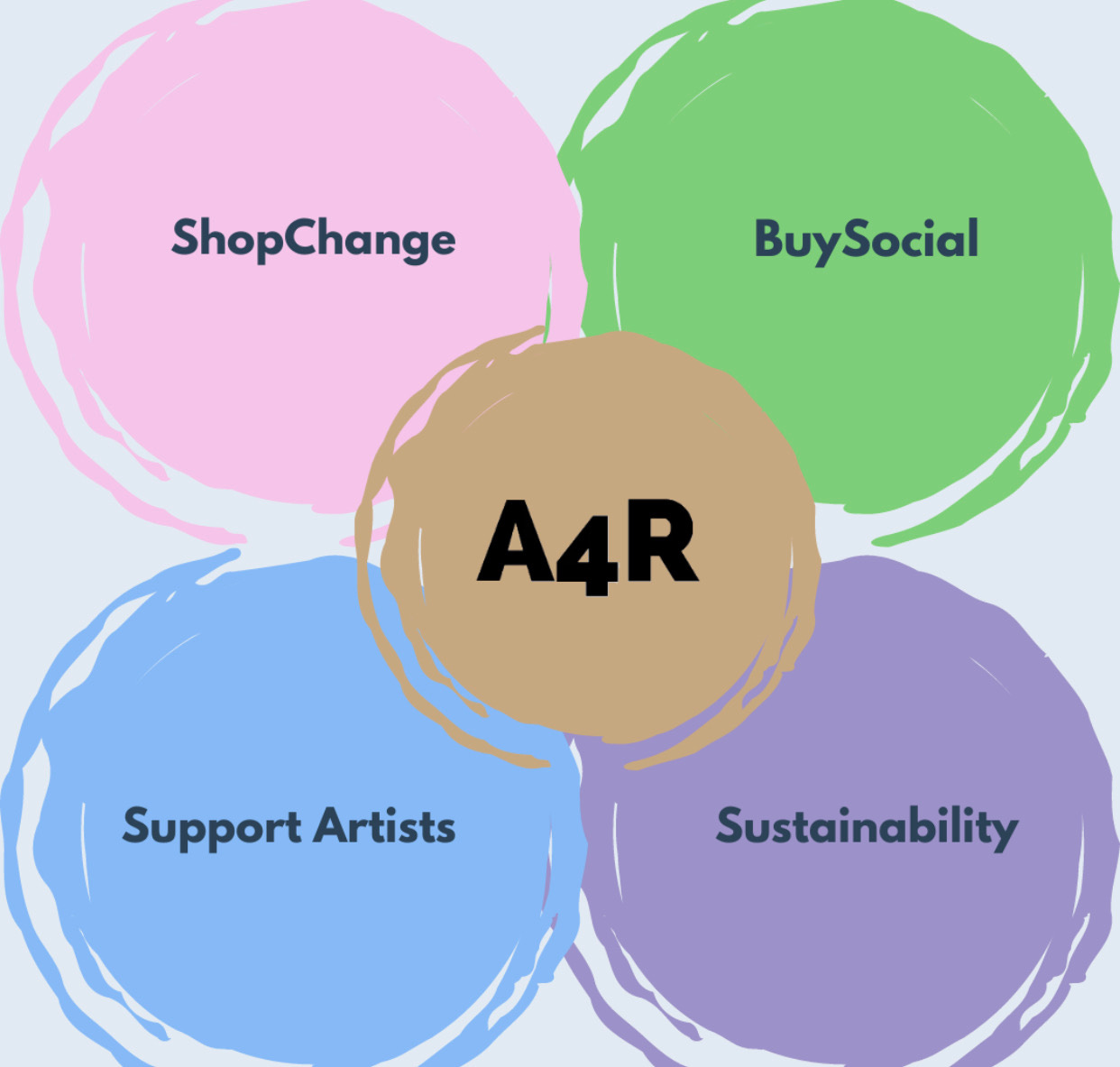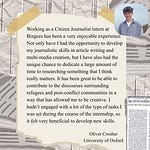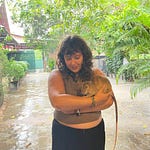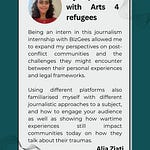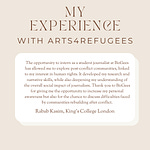(Picture and title created using Chat GPT AI)
Rugby, Hoops & Harmony: How Sport is Bridging Divides in Northern Ireland
The Good Friday Agreement of 1998 brought an end to nearly three decades of violence in Northern Ireland, known as ‘The Troubles’. This marked a new era of hope and acceptance for a more peaceful future. Despite large steps having been taken to bridge differences between communities, sectarian divides still linger to this day. Yet, a crucial way in which connection and communication is being created is through sport, on both a grassroots and professional level. Sport as a peacebuilding tool in post-conflict communities, such as Northern Ireland, has had and continues to have a profound impact on building relationships across community lines.
The Northern Ireland Troubles started in the late 1960’s where deep seated sectarian tensions were clearly visible, though divides were bubbling for centuries before. ‘Unionists’ (who are predominantly from the Protestant community, although there are exceptions) view themselves as British and think that Northern Ireland should remain as a part of the UK. ‘Nationalists’ who are overwhelmingly made up of the Catholic community, see themselves as Irish and believe that there should be a united Ireland. After Ireland was partitioned in 1921, the north remained part of the UK while the south became independent. Many nationalists living in Northern Ireland felt marginalised by the pro-unionist governing body, which provided a fertile breeding ground for anger. This tension eventually overflowed in 1968 with widespread violence breaking out following a civil rights march. Over the entire conflict there were over 3500 deaths and tens of thousands were injured, with many of these being children. The level of distrust and discrimination between the communities reached an all-time high. In this post conflict context, the need for connection and reconciliation are central, which sports facilitates through teamwork. Sport provides neutral ground that helps build relationships and trust between communities.
On a grassroots level, one of the most notable initiatives has been PeacePlayers which was founded in 2001 and helps 2,000 youth each year aged 9-25. It is a nonprofit organisation which uses basketball as a tool to create the next generation of peacebuilders and leaders while simultaneously celebrating diversity. PeacePlayers highlights that despite the Troubles coming to an end, communities still remain deeply segregated in almost every facet of life. For example, approximately 93% of youth in Northern Ireland go to segregated schools, allowing little room for building cross community relationships, which runs the risk of sectarian violence restarting.
The neutral sport of basketball encourages teamwork, with young people seeing their teammates not as representatives of an outsider community, but as like-minded individuals with the same desire to succeed. As it is a team sport reliant on communication, young people build relationships that often lead to long-lasting friendships. This encourages the next generation to look beyond religious or political divides is key to a more prosperous future for Northern Ireland. If the new generation are encouraged to look beyond the religious or political affiliation of their peers, it will ensure a greater and more prosperous future for Northern Ireland.
PeacePlayers' programmes span a wide range, allowing relationships to be fostered at all levels. At the younger end of the spectrum, The Primary School Twinings programme pairs a predominantly Catholic primary school with a predominantly Protestant primary school for 90-minute sessions. By forming cross-community connections and understanding from an early age, this initiative lays the foundation for a more cohesive and harmonious future. Through teamwork and shared experiences, children develop friendships, fostering a sense of unity across traditional divides. For older participants, another session which is run is the Coaches Development Programme, where leaders are trained to deliver the sessions and inspire and bring together young people. This program not only enhances leadership abilities but also empowers participants to inspire and mentor younger generations. By developing local leaders who can effectively engage with young people, the program ensures the sustainability of PeacePlayers’ mission, strengthening the impact of its work across different age groups.The overwhelming success of this initiative has been inspiring. PeacePlayers report that 100% of participants got along well or very well with the participants from a different religious background. The promotion of sustainable peace among youth is a crucial step in placing trust back into post-conflict communities.
Looking outwards, on a global level, Vodafone’s Team of Us campaign for the Irish Rugby Football Union initiative has seen success in bridging cultural divides in post-conflict Northern Ireland. Vodafone began their contract with IRFU in mid-2016 and have recently extended it until 2028. The campaign plays on the diversity and collectivity of Irish rugby to create a strong, positive legacy for the sport in Northern Ireland. With two-thirds of Ireland’s population identifying as rugby fans, the sport has been described in the Irish Times as ‘uniquely positioned to represent Ireland’ as it ‘recognises neither politics nor partition, class nor creed’.
At the end of British colonial rule, rugby initially struggled to gain popularity in Ireland, seen as a sport of the Protestant middle classes. It was passed over by more traditional Irish sports like Hurling and Gaelic Football, which were included under The Gaelic Athletic Association (GAA). However, upon the creation of the Irish Republic in 1948, and with the conflict escalating in Northern Ireland, rugby played an important unifying role during this period.
In the BT Sport documentary Shoulder to Shoulder, Irish rugby legend Brian O’Driscoll describes the challenges faced by rugby internationals, who hailed from the north and south of Ireland, as they played together on the team despite the ongoing Troubles in Northern Ireland. O’Driscoll recounts stories told to him by Willie John McBride, who made 63 appearances for Irish rugby, including 11 as captain. McBride, a Northern Irish Protestant, was working as a bank manager in Belfast when the Irish Republican Army detonated more than 20 bombs and killed 19 people on what would be named Bloody Friday. While captaining the team in 1973 he was the subject of death threats and security had to be stationed at his home. Despite the conflict, McBride championed rugby as an inclusive sport, and said the Troubles never changed what it meant to him to play for Ireland.
The Team of Us campaign reinforces this image of rugby as a unifying sport in Northern Ireland. The campaign champions the diversity in Irish rugby, all the way from the grassroots to the international level, with its slogan ‘We’re All In’. By playing into rugby’s ability to foster togetherness, it has a subtle yet powerful role at addressing post-conflict tensions, by promoting unity, inclusivity and a shared national identity. Most importantly, it offers an alternative form of patriotism, where the victories of Irish rugby can be celebrated by those in the north and the south, encouraging allegiance to a sport rather than politics.
Having looked at both the PeacePlayers initiative and Vodafone’s Team of Us marketing campaign, we can see how these projects have subtly but effectively helped bridge cross-cultural divides in the post-conflict society in Northern Ireland. The Peaceplayers initiative focuses on the new generation in Northern Ireland, encouraging integration and fostering these cross-cultural relationships through youth sport. On a wider scale, the Team of Us marketing campaign for the IRFU has highlighted the togetherness of rugby as a sport in Northern Ireland, unifying communities under the banner of Irish Rugby.
Bibliography
Dixon, Paul. Northern Ireland: The Politics of War and Peace. Bloomsbury, 2007.
Gregory, Ian, et al. Troubled Geographies: A Spatial History of Religion and Society in Ireland. Indiana University Press, 2013.
Kearns, Colm. Three Ireland, Two Teams, One Nation: An Exploration of Sport Sponsorship and Digital Cultural Nationalism. Dublin City University, 2019. https://doras.dcu.ie/23688/.
O’Driscoll: Rugby Star Examines Ireland Team Through Troubles. BBC News, 2018. https://www.bbc.co.uk/news/uk-northern-ireland-45697250.
PeacePlayers Northern Ireland. https://peaceplayers.org/northern-ireland/.
Sim, Josh. “Irish Rugby Dials up ‘€20m’ Extension with Vodafone.” Sports Pro, 2023. https://www.sportspro.com/news/ireland-rugby-vodafone-irfu-sponsorship-extension-2028/#:~:text=Vodafone%20to%20continue%20as%20the,women's%20team's%20jersey%20from%202024.
Taylor, Charlie. “‘Team of Us’ Campaign Central to Building Buzz Around Rugby Team – IRFU.” The Irish Times, 2019. https://www.irishtimes.com/business/media-and-marketing/team-of-us-campaign-central-to-building-buzz-around-rugby-team-irfu-1.4024929.
Willie John: A Rugby Legend. BBC Sport, 2015. https://www.bbc.co.uk/sport/rugby-union/31619899#:~:text=As%20an%20Ulsterman%20captaining%20Ireland,embroiled%20in%20a%20political%20storm.
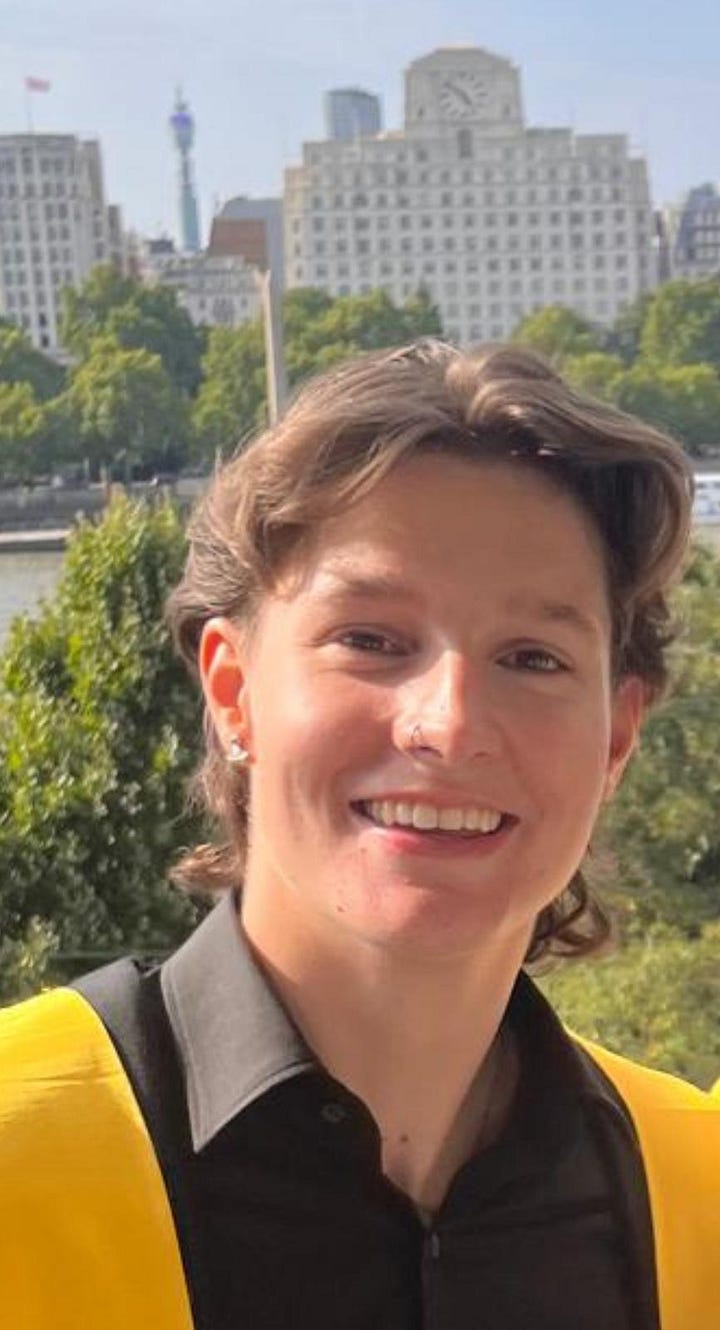
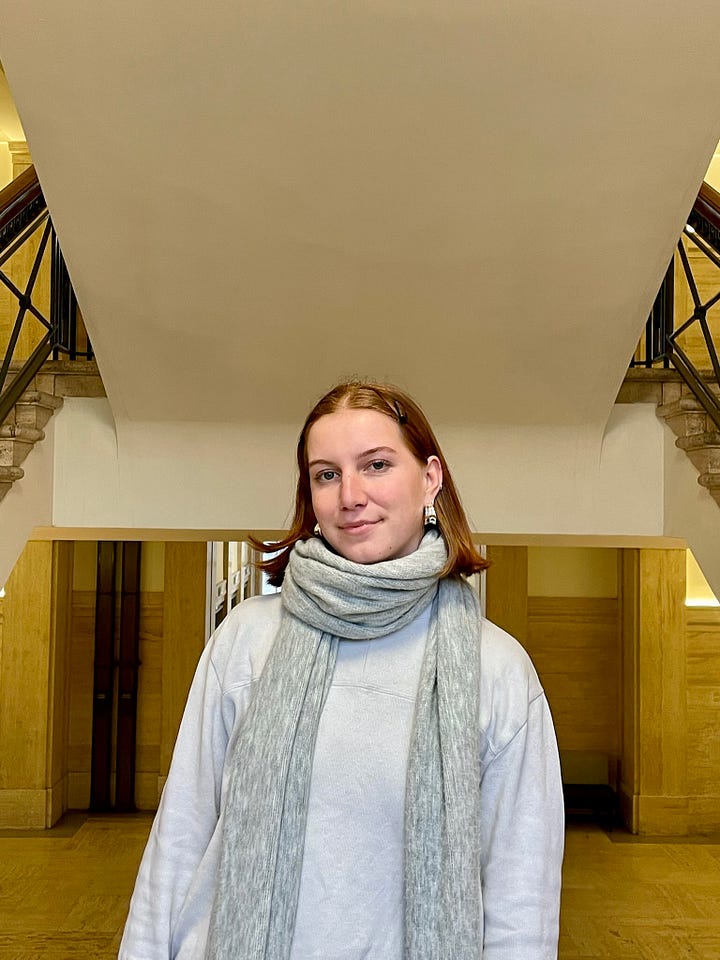
In this episode Laura & Molly discuss Northern Ireland and how Ruby and Basket Ball are being used as tools to bring the communities together. They are Citizen Journalist with us on a placement organised with War Studies Department, King’s College, London. This article was edited using Lex.page.
Thank you for reading an A4R 🎨 Post. Don’t forget to visit our gift shop here. Every purchase scales our impact and pays our bills.

